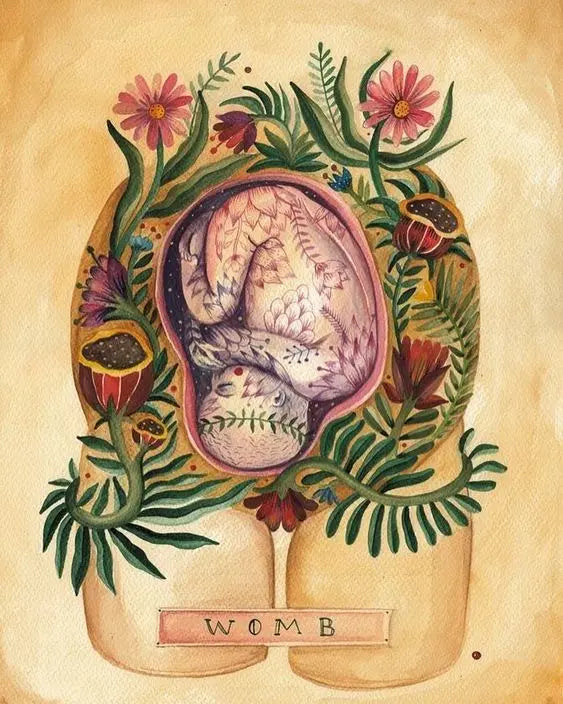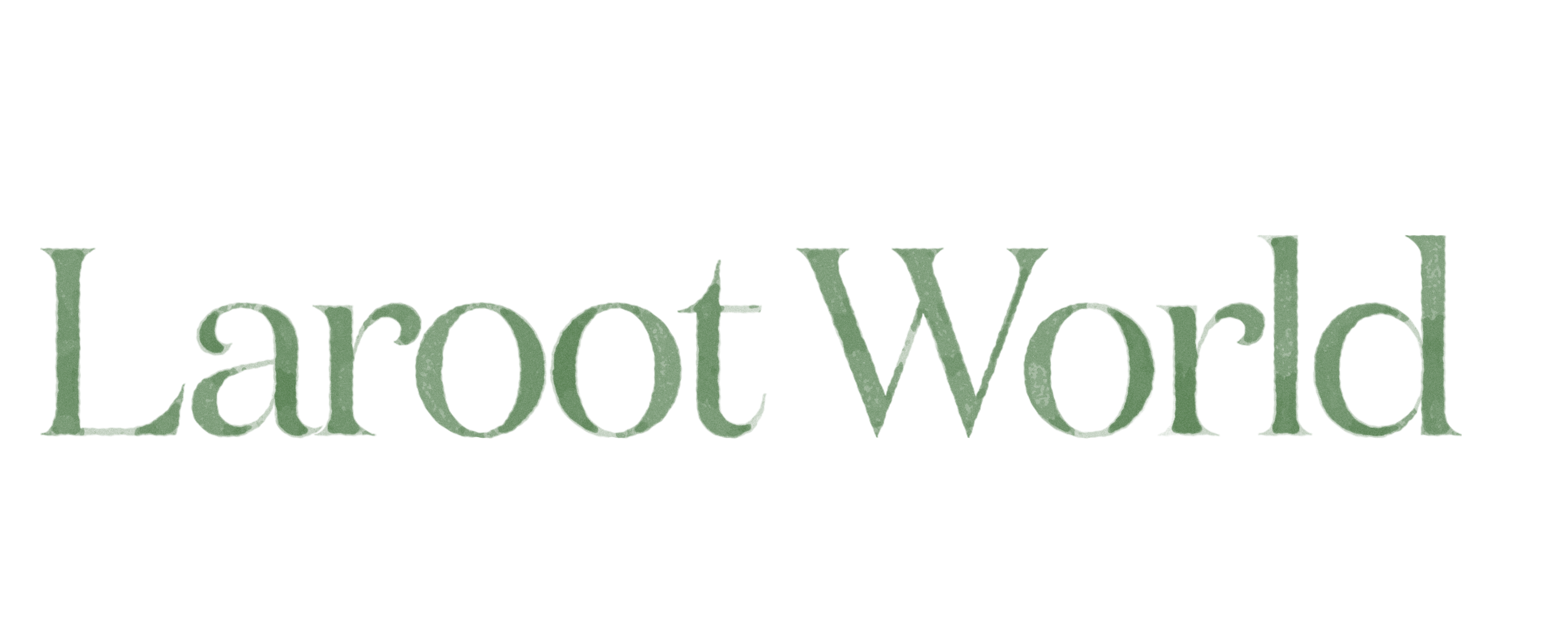Postpartum Nutrition

Most of us can agree on the importance of quality nutrition for the sake of our own wellbeing, and we do our best to maintain our own standards of what that should be (with the exception of necessary indulgences). In the process of becoming mothers however, women are suddenly faced with an entirely new set of rules. We are now responsible not just for ourselves but for the health of a growing baby. The sense of duty to eat the “right” food, or else, can become immense. During pregnancy, we learn that we can’t eat raw seafood, eggs, cheese, ice cream, bologna… at one point in the early stages of my pregnancy, I was genuinely concerned for the safety of my child if I ate a burger. It is hard to navigate what’s allowed or considered OK, and it’s not particularly clear who determines these parameters, so Google can quickly become an expecting mother’s best friend.
Fast forward to the Postpartum stage- you did it! You have your little one in your arms, you might be exhausted and blissed out, and you can finally order that sushi take out dinner you’ve been waiting 9 months for! Although the arbitrarily strict rules may have eased up, the importance of nourishing yourself and baby with every vitamin and mineral on the planet continues to be as high as ever, and women are mostly expected to figure it all out themselves. Well-meaning friends and family might pass by with a supportive lasagna in the first few weeks but as the days go on, the responsibility to feed the family falls squarely on Mom. Turns out it’s not easy to go grocery shopping and cook three course meals in between every-three-hour breastfeeding sessions on very little sleep, so you quickly discover that being prepared is the best tool you could possibly have.

Childbirth is no easy feat, and experts agree that it is vital for the mother to dedicate time to heal and rest in order to recover and replenish their energy and be able to provide for their babies. Despite this, society’s expectations are for women to return to normalcy almost immediately. In the book, The First Forty Days, Author Heng Ou explains that in her traditional Chinese culture, they consider the “Fourth Trimester” to be a sacred time. It should be dedicated to sheltering yourself and your baby from the outside world, nurturing the mother-child bond, and preparing your baby to enter the world out there slowly but surely. Slowing down is not usually how we do things in the West, but there is much to learn from this practice, especially in regards to nourishment.
My first daughter was born in December of last year. I did my best to try and take things slow, but I did feel the pressure to ‘snap back’ in body and mind. Turns out there is no going back, only moving forward with grace and loving acceptance of all the changes. I was lucky to have a supportive community around me, including other brand new moms who were an absolute lifeline while trying to figure out whether nightsweats, exploding boobs and a starving lion baby were normal (surprise surprise, new moms, all to be expected). I chose to breastfeed exclusively for the first few months, so I continued to be hyper aware of everything I was putting into my body. I discovered that foods like oatmeal, lentils, meat, salmon and bone broth really helped increase my supply, and I definitely needed an extra 500 calories and three liters of water a day to keep up with my baby’s milk demands. Even if you choose not to breastfeed postpartum, your body goes through so many hormonal changes and healing processes that the importance of nourishment cannot be understated.

The First Forty Days was my nutrition bible during my postpartum period. A wonderful lesson I learned from this book was to eat soft and warm - not cold or crunchy - foods, in order to stimulate digestion and create circulation for healing in the body. Think stews, soups, broths, and warm bowls instead of raw fruits and vegetables. And the greatest takeaway I received both from this book and from my experience was to learn to delegate- to “Let Your Village Cook”. New moms have so much on their proverbial plates already. If cooking meals is not one of the things that brings you joy during this time, there are many amazing resources to explore. One of them is our Postpartum meal plan, which has been developed in collaboration with Western doctors and Eastern nutritionists in the Traditional Chinese Medicine and Ayurvedic fields, to deliver the nourishment that women need straight to their front door. Learn more at https://larootworld.com/pages/laroot-postpartum .
If you need more guided support or have questions regarding our plan, please write to us at info@larootworld.com.
